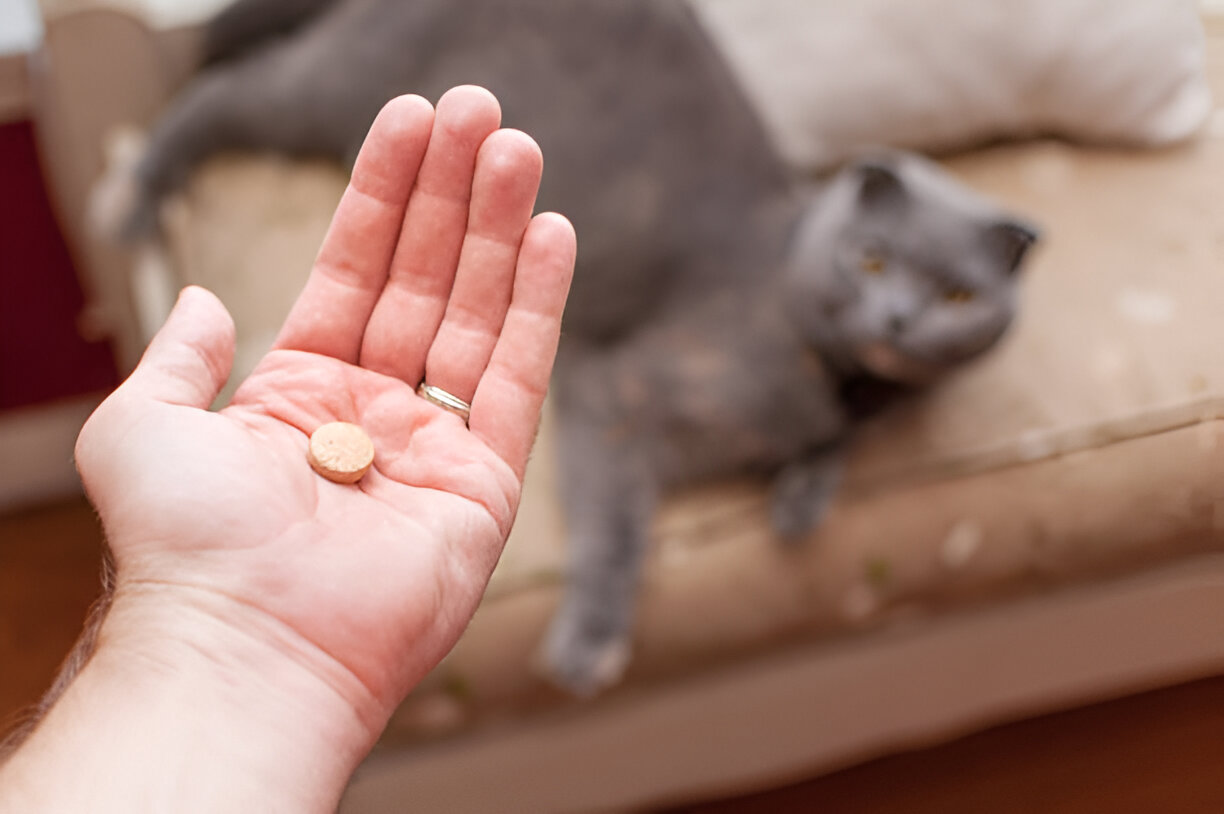
Albon Dosage- A Comprehensive Guide for Pet Owners
Albon, or sulfadimethoxine, is a commonly prescribed medication used primarily to treat coccidiosis in pets, particularly in dogs and cats. Administering the correct dosage is crucial for effective treatment and minimizing the risk of side effects. In this blog post, we’ll cover the recommended Albon dosage for different animals, how to calculate the correct dosage, tips for safe administration, adjusting dosages based on animal weight, potential side effects of incorrect dosages, and where to purchase Albon for pets.
Recommended Albon Dosage for Different Animals
The dosage of Albon can vary based on the type of animal being treated. Here’s a breakdown of the recommended dosages for common pets:
Dogs

For dogs, the typical dosage of Albon is as follows:
- Initial Dose: 25 mg per kg (approximately 11.4 mg per pound) of body weight on the first day.
- Maintenance Dose: 12.5 mg per kg (approximately 5.7 mg per pound) of body weight for the next 7 to 10 days.
Cats
For cats, the recommended dosage is:
- Initial Dose: 25 mg per kg (approximately 11.4 mg per pound) of body weight on the first day.
- Maintenance Dose: 12.5 mg per kg (approximately 5.7 mg per pound) of body weight for the next 7 to 10 days.
Other Animals
For other pets, such as rabbits or guinea pigs, the dosage may differ. Always consult with a veterinarian for specific recommendations tailored to the animal’s species and health condition.
How to Calculate the Correct Albon Dosage
Calculating the correct dosage of Albon requires knowing your pet’s weight. Here’s a simple formula to help you determine the right dosage:
- Determine the Weight of Your Pet: Weigh your pet in kilograms (kg) or pounds (lb).
- Calculate the Initial Dose: Multiply your pet’s weight by the initial dosage (25 mg/kg).
- Calculate the Maintenance Dose: After the first day, switch to the maintenance dosage (12.5 mg/kg) and calculate accordingly.
Example Calculation
For a dog weighing 10 kg:
- Initial Dose: 10 kg x 25 mg/kg = 250 mg on the first day.
- Maintenance Dose: 10 kg x 12.5 mg/kg = 125 mg for the next 7 to 10 days.
Always round to the nearest available tablet or liquid dosage form to ensure accurate dosing.
Administering Albon Safely
Administering Albon safely is crucial for your pet’s health. Here are some tips for safe administration:
- Follow Veterinary Instructions: Always follow your veterinarian’s recommendations for dosage and duration of treatment.
- Use the Correct Formulation: Albon is available in both tablet and liquid forms. Ensure you use the formulation prescribed by your veterinarian.
- Administer with Food: Albon can be given with food to minimize gastrointestinal upset.
- Monitor Your Pet: After administering Albon, observe your pet for any unusual behavior or symptoms.
- Complete the Course: Even if your pet starts to show improvement, complete the full course of treatment as prescribed.
Adjusting Dosage Based on Animal Weight
When administering Albon, adjusting the dosage based on your pet’s weight is essential for effective treatment. Use the following guidelines:
- Underweight Pets: If your pet is underweight, consult your veterinarian for an adjusted dosage plan. It may be necessary to administer a slightly lower dosage to avoid potential toxicity.
- Overweight Pets: For overweight pets, the dosage should be based on their ideal weight, not their current weight. This ensures they receive the proper amount of medication without risking overdose.
Weight Loss Considerations
In cases where pets are losing weight due to illness, continuous monitoring of their weight during treatment is necessary. Adjust the dosage accordingly to ensure they receive the appropriate amount of medication.
Side Effects of Incorrect Albon Dosage
Administering the incorrect dosage of Albon can lead to various side effects. Here are some potential side effects associated with overdosing or underdosing:
Overdosing Side Effects
- Vomiting: Excessive amounts of Albon can irritate the stomach, leading to vomiting.
- Diarrhea: High doses may result in severe diarrhea, which can further dehydrate your pet.
- Lethargy: Overdosing can cause extreme tiredness or weakness.
- Loss of Appetite: Pets may refuse to eat when overdosed.
- Skin Reactions: Some pets may experience allergic reactions, leading to skin rashes or hives.
Underdosing Side Effects
- Ineffective Treatment: Insufficient dosing may not eliminate the infection, leading to prolonged illness.
- Reoccurrence of Symptoms: Underdosing can allow coccidia to survive and multiply, resulting in a resurgence of symptoms.
What to Do in Case of Side Effects
If you notice any of these side effects, contact your veterinarian immediately. They may recommend adjusting the dosage or switching medications to ensure your pet receives the best care possible.
Where to Purchase Albon for Pets
Albon can be purchased through various outlets, including:
- Veterinary Clinics: Your veterinarian will likely have Albon on hand and can provide you with the correct dosage and instructions.
- Online Pharmacies: Many reputable online pet pharmacies offer Albon. Make sure to choose a licensed pharmacy to ensure the quality of the medication.
- Pet Supply Stores: Some pet supply stores may carry Albon or its generic equivalents. However, always check with your veterinarian before purchasing to ensure you’re getting the right product.
- Compounding Pharmacies: If your pet has difficulty taking standard formulations, compounding pharmacies can create a custom formulation tailored to your pet’s needs.
Conclusion
Administering Albon requires careful consideration of dosage and monitoring for side effects. By understanding the recommended dosages for different animals, how to calculate the correct dosage, tips for safe administration, and potential side effects of incorrect dosing, you can help ensure your pet receives the best possible care. Always consult your veterinarian if you have any concerns about administering Albon or if you notice any adverse effects in your pet. With the right approach, Albon can effectively treat coccidiosis and help your beloved pets return to good health.
